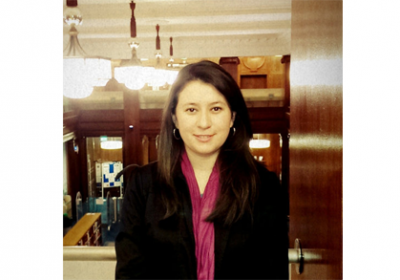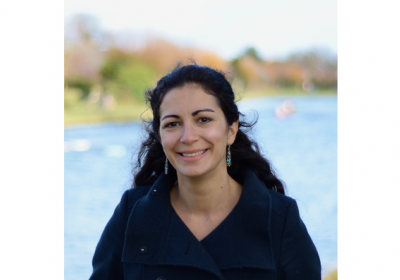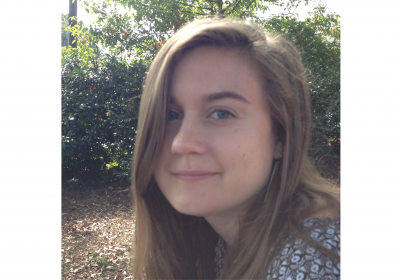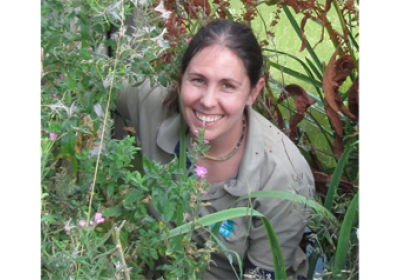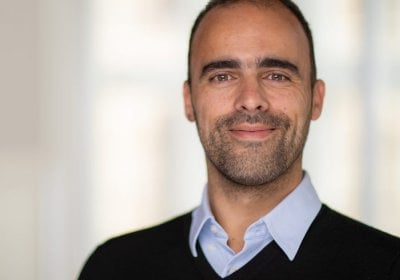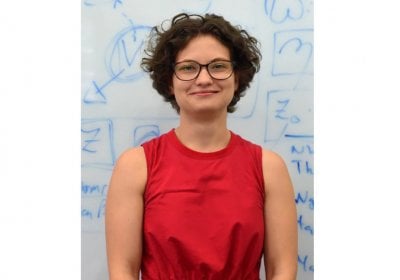Vaccine Centre/CMMID seminar
Estimating the impact of a maternal RSV vaccine using a mathematical modelling approach
Abstract
Respiratory syncytial virus (RSV) is an important respiratory pathogen in children and presents a significant global health burden. It is the main cause of hospitalisations in young children. There is currently no licensed vaccine for RSV, but it is widely recognised that a vaccine intervention would have a considerable public health impact. Several candidates are being developed and a vaccine for pregnant women is currently undergoing phase 3 clinical trials, prompting the need for mathematical modelling to help assess the vaccine benefits for different target populations.
We developed a differential equation model for RSV transmission, with 75 age classes and cohort ageing, and validated the model using linked RSV hospitalisation data for the high income setting of Western Australia. We adapted the model to incorporate a maternal RSV vaccine, and estimated the expected reduction in RSV hospitalisations arising from the vaccine for a range of vaccine coverage, effectiveness and duration scenarios. The introduction of a vaccine was estimated to reduce RSV-related hospitalisations in Western Australia by 6–37% for 0–2 month old children, and 30–46% for 3–5 month old children, for a range of vaccine effectiveness levels, and assuming coverage similar to existing maternal vaccination programs. Children up to six months of age would derive the greatest benefit, meeting the objective of a maternal vaccine in delaying an infant’s first RSV infection to an age at which severe disease is less likely.
Speaker
Alexandra Hogan is a postdoctoral researcher at Imperial College, working on models for malaria transmission and vaccine interventions in Sub-Saharan Africa. Alexandra completed her PhD at the Australia National University in late 2016, where she developed mathematical models for RSV transmission. Alexandra is a founding member and secretary of the Asia Pacific Consortium of Mathematics for Industry. In her talk, Alexandra will discuss findings from her PhD research.
Admission
Contact
Thembi Mhlanga
Thembi.Mhlanga@lshtm.ac.uk

